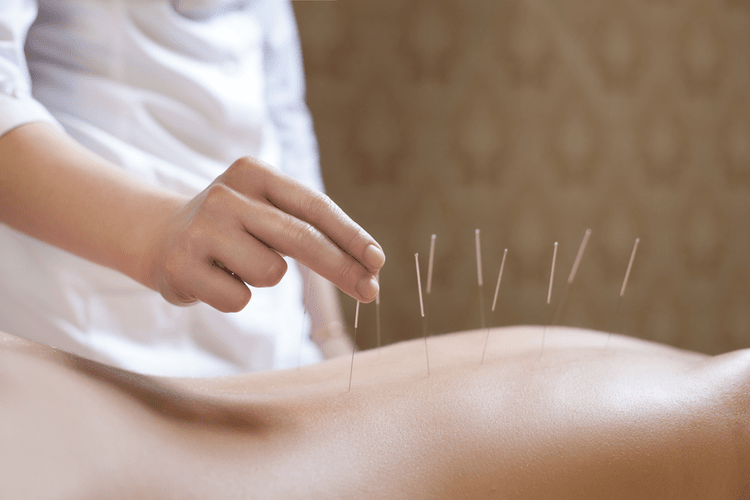Content
The group has seen consistent growth, particularly in the United States, in recent years, as well as more interest from people in their 20s concerned about the toll drinking takes on their mental health. After recovering from alcoholism and becoming sober, the goal shifts to maintaining recovery and avoiding relapse. Being around friends who drink is one of the challenges and triggers you might face in everyday life that could lead back to alcoholism and addiction. Nonetheless, it’s possible for you to maintain your sobriety while continuing friendships with people who drink. If you’re a long-term, heavy drinker, you may need medically supervised detoxification. Detox can be done on an outpatient basis or in a hospital or alcohol treatment facility, where you may be prescribed medication to prevent medical complications and relieve withdrawal symptoms.

Figure 1 Schematic diagram of the effects of chronic alcohol use and abstinence in humans and rodents on various organs and systems, including the heart, liver, gastrointestinal tract, pancreas, and bone. Each row describes a consequence of chronic alcohol use, http://afield.org.ua/pub/pub27_2e.html whether it is resolved by abstinence, and, if so, to what degree. Adapted with permission from SciePro/stock.adobe.com (human) and Science Photo Library, London (rodent). It is well established that impaired liver function affects other organs, and vice versa.
Your Heart Gets Healthier
Physical relapse is when you begin using substances or alcohol again. If you keep these thoughts to yourself, you are in danger of physical relapse. A mental relapse is when you start thinking about using or going back to your addictive behaviors. Get help today and learn from your mistakes to prevent future relapses. However, addiction is a disease, and you are still vulnerable to relapsing.
FAEE can bind to and accumulate in mitochondria to impair cell function in the pancreas and the heart,35 which is also rich in FAEE synthases. “If you really want to have a glass of wine, have a glass of wine,” Ms. Warrington said. Dr. Stoller advises thinking through what you like and don’t like about drinking. Identify the amount of alcohol you typically consume to induce a certain effect, and then consider the facets of drinking you enjoy less, like hangovers or the sense of losing control.
How is alcohol use disorder treated?
Most people who give up alcohol notice that their skin is dewy, and healthier looking after just one week. By the end of Dry January, you’re likely to see less swelling, clearer skin, and an overall healthy glow. There are a lot of misconceptions about a relapse on alcohol or drugs. Sometimes, we think that a relapse is https://workingholiday365.com/what-does-it-mean-if-you-dreamed-of-a-wedding.html a failure or proof treatment didn’t work. Relapse is something that can but doesn’t have to be part of the recovery process. By being aware of these stages of relapse, you may be able to identify the signs early on in yourself or someone else and take steps to adjust what’s happening before there’s a full-blown relapse.
Does one drink count as a relapse?
Yes. If you have been diagnosed with the chronic condition called alcohol use disorder, also called alcoholism, then the answer is, “Yes, one drink counts as a relapse.”
Watching a family member struggle with a drinking problem can be as heartbreakingly painful as it is frustrating. But while you can’t do the hard work of overcoming addiction for your loved one, your love and support can play a crucial part in their long-term recovery. If certain people, places, or activities trigger a craving for alcohol, try to avoid them. This may mean making major changes to your social life, such as finding new things to do with your old drinking buddies—or even giving up those friends and finding new ones.
GI Tract and Alcohol
Up until then, I had been what you might call a “controlled binge drinker” — my consequences were limited to hangovers and one-night stands — but over those dry months I saw that not drinking was clearly better for me. I didn’t have either the crushing guilt or crushing headaches that used to come most Monday mornings. Whatever the reason, there are serious consequences when someone with AUD drinks. The justifications and excuses are harmful and will soon lead the individual to drink in the manner with which he or she is most familiar.
When you stop drinking, your immune system improves and is once again able to protect you against the common cold, the flu, pneumonia, and other illnesses. If you’re used to drinking before bed, falling asleep without alcohol might be a bit challenging at first. Alcohol decreases the body’s natural amount of melatonin, so if you find yourself tossing and turning, consider finding supplements for yourself. Even if it takes you a bit longer to fall asleep than usual, the quality of your sleep will improve, leaving you feeling rested and refreshed the next morning. Lean on close friends and family – Having the support of friends and family members is an invaluable asset in recovery.
Plan for triggers and cravings
By taking proactive steps and understanding the stages of relapse, you and your loved ones can prevent a relapse from occurring or becoming dangerous. While this might seem high or make you think that treatment doesn’t work, this rate is actually low compared to other chronic diseases. Relapse prevention means looking at your recovery plan as a way of preventing future relapses. Following a relapse, you most likely have a support system, self-help skills, and experience that can help you get back on track quickly. Talk to your primary healthcare provider about the best way to detox after a relapse.
- You stay away from drugs and alcohol and avoid triggering situations.
- When you drink, sip slowly and take a break of 30 minutes or one hour between drinks.
- Going back to normal life when in recovery is a challenge that can potentially lead to relapse.
- Even if you remain friends with those who drink, it can help to have sober friends as a separate support system.
Despite alcohol-induced damage to these tissues, abstinence, in its simplest form, brings about either complete or partial recovery, but the extent of such recovery depends on the extent of the damage, as shown in Figure 1. For example, it is unlikely that abstinence would be effective in a case of decompensated cirrhosis, but resolution of cirrhosis which involves a portion of the liver (i.e., compensated cirrhosis) is more likely. Thus, the examples provided in this review highlight the value of intrinsic regenerative processes that maintain organ function. These enzymes generate FAEE by condensing alcohol with a fatty acid (e.g., oleic acid).
Make it clear that drinking will not be allowed in your home and that you may not be able to attend events where alcohol is being served. Once you’ve made the decision to change, the next step is establishing clear drinking goals. The more specific, realistic, and clear your goals, the better. If you begin to experience any of these symptoms, please seek a physician’s care.




Hinterlasse einen Kommentar